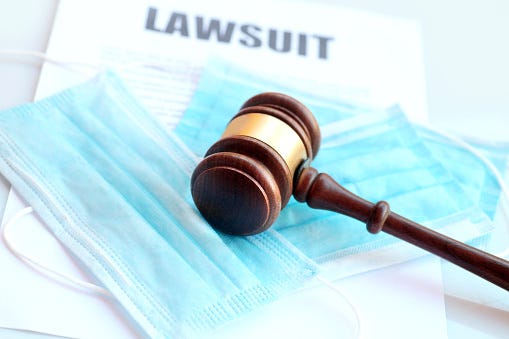With nearly 30 years of legal experience, Claire C. Carr is the managing partner and vice president of Kalbaugh, Pfund & Messersmith, P.C. (KPM Law), in Richmond, VA. Over the course of her career, Claire C. Carr has defended a number of corporate clients in workers’ compensation cases. Her firm also offers representation for automobile liability and insurance defense matters. A 2019 Virginia Supreme Court ruling served as a precaution to liability carriers to avoid relying on a plaintiff and their underinsured motorist (UIM) carrier’s pretrial settlement to lower amounts owed to a plaintiff following a jury verdict.
During the case, the Supreme Court of Virginia confirmed that a plaintiff who reaches a pretrial settlement with their underinsured motorist (UIM) carrier will still receive the full amount due from a defendant in any subsequent jury verdict. In this instance, the plaintiff had $1 million in UIM coverage and the defendant had $250,000 in liability coverage. The plaintiff settled with the UIM carrier for $750,000 prior to the trial, and the carrier agreed to waive subrogation in return for a release of all claims, the latter of which bars an individual from pursuing a personal injury claim against the recipient. When the trial against the defendant occurred, the jury awarded the plaintiff $1.5 million in damages.
While the defendant moved to reduce the verdict, the trial court declined. The Supreme Court determined that the UIM carrier’s payment was not compensation for personal injury, but rather protection against an insured motorist’s ability to pay any damages awarded. Therefore, the plaintiff was entitled to full payments from the defendant and their UIM carrier.




